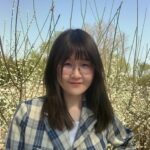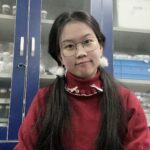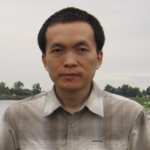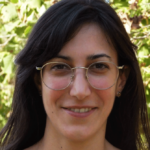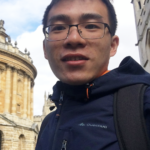Meet the Principle Investigators, Core LEMONTREE team and researchers working on the LEMONTREE challenge areas:
Principle Investigators:
Prof. Sandy Harrison
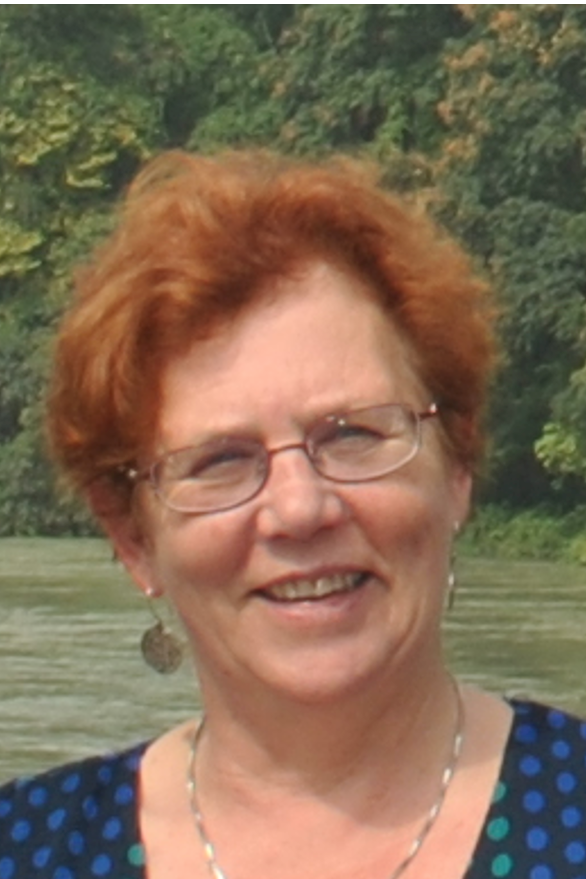 Sandy P. Harrison is Professor in Global Palaeoclimates and Biogeochemical Cycles in the School of Archaeology, Geography and Environmental Science (SAGES), University of Reading. Sandy’s research focuses on the interaction of climate and the terrestrial biosphere, in the geologic past and the present, using models and data analysis.
Sandy P. Harrison is Professor in Global Palaeoclimates and Biogeochemical Cycles in the School of Archaeology, Geography and Environmental Science (SAGES), University of Reading. Sandy’s research focuses on the interaction of climate and the terrestrial biosphere, in the geologic past and the present, using models and data analysis.
She has extensive experience in large-scale data analysis for model development, evaluation and benchmarking, and is a world-leader in the synthesis of palaeoenvironmental data and its use in evaluation of the climate models used for future climate projections.
She is also working on the use of eco-optimality theory and trait analysis in order to improve the vegetation models currently used in climate models for predicting land-atmosphere exchanges and impacts of climate change on the terrestrial biosphere.
orcid 0000-0001-5687-1903 Scopus Author ID 7402647751. 10 Questions with Sandy blog
Prof. Colin Prentice
LEMONTREE Science Strategy Lead
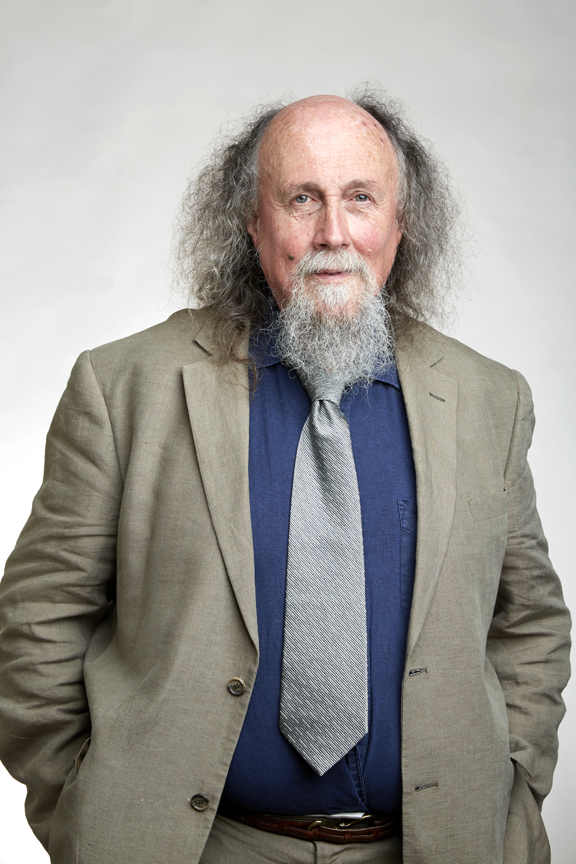
Colin Prentice is Director of the Leverhulme Centre for Wildfires, Environment and Society, holds the AXA Chair in Biosphere and Climate Impacts in the Department of Life Sciences, Imperial College London, and is an Honorary Chair in Ecology and Evolution at Macquarie University.
His research centres on understanding how plants react to and interact with changes in climate and other aspects of the physical environment. “My strategy is to integrate process understanding in ecology and environmental physics with observations of all kinds, including atmospheric measurements and remote sensing, with a view to developing new theoretical and predictive frameworks.” He is also the lead of the REALM project: Reinventing Ecosystem and Land-surface Models.
ORCID 0000-0002-1296-6764. 10 Questions with Colin blog
Dr Heather Graven
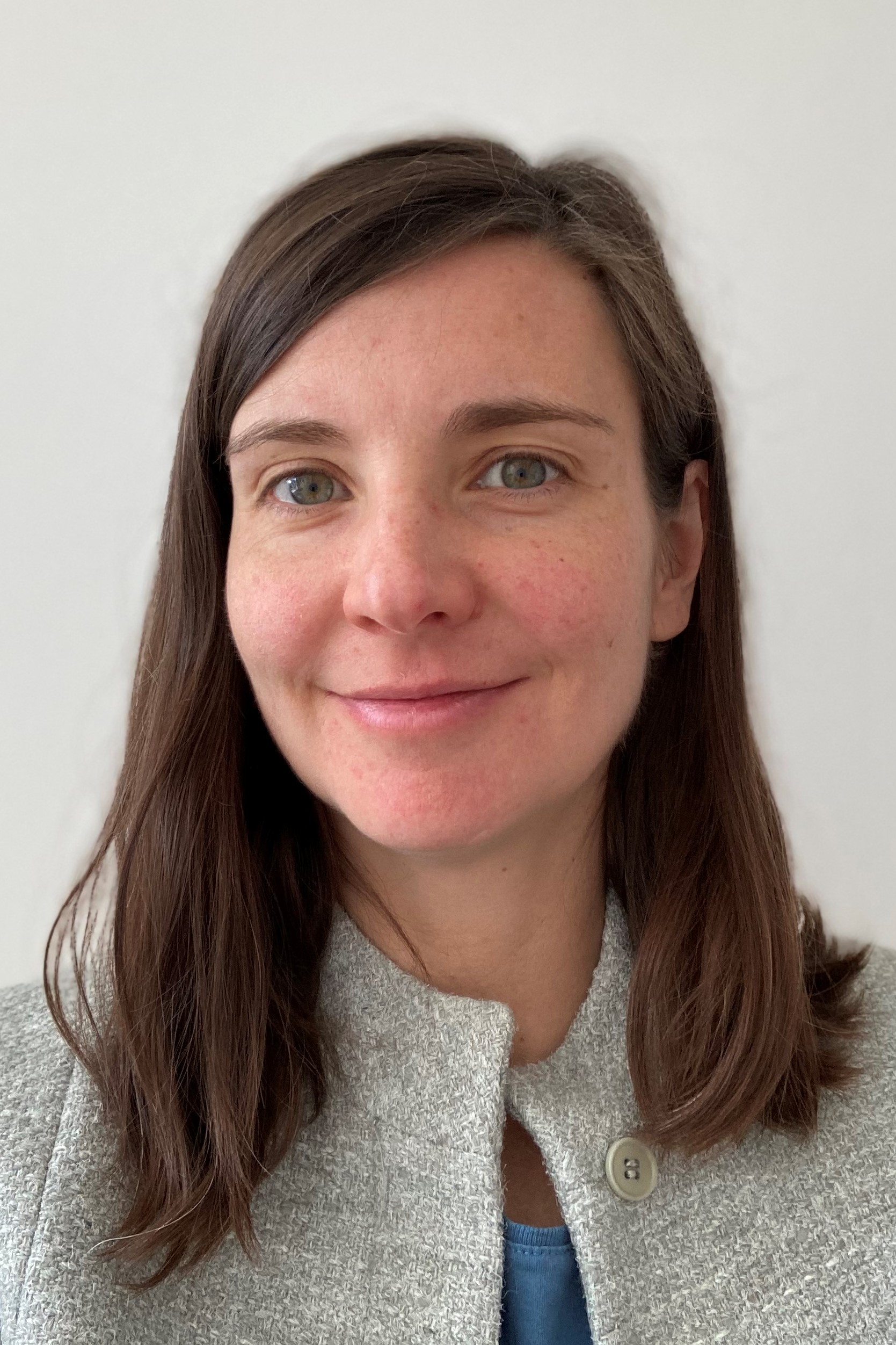 Heather Graven is is a Reader in the Department of Physics and the Grantham Institute at Imperial College London. She worked previously at the Scripps Institution of Oceanography, USA and at ETH Zurich, Switzerland. Her research focuses on the use of atmospheric measurements to understand the global carbon cycle and its response to human activities and climate change.
Heather Graven is is a Reader in the Department of Physics and the Grantham Institute at Imperial College London. She worked previously at the Scripps Institution of Oceanography, USA and at ETH Zurich, Switzerland. Her research focuses on the use of atmospheric measurements to understand the global carbon cycle and its response to human activities and climate change.
She uses radiocarbon and stable carbon isotopes to distinguish fossil fuel and biogenic influences on carbon dioxide and methane, and to investigate carbon cycling in the ocean and land biosphere.
ORCID iD# 0000-0003-3934-2502
10 Questions with Heather blog
Prof. Xu Liang
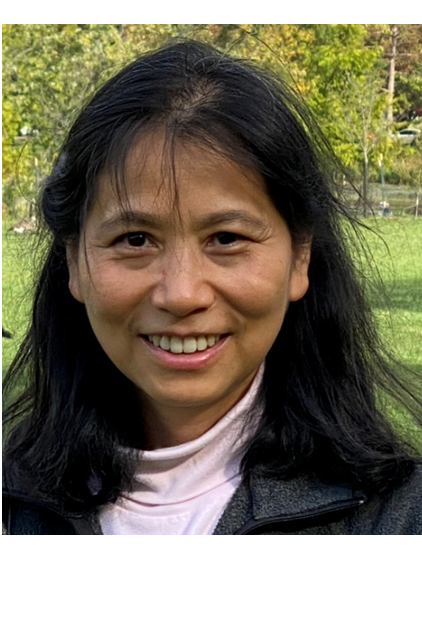
Xu Liang is a Professor at the University of Pittsburgh. Her research aims are: (1) to discover and reveal fundamental laws that govern water, energy, and carbon cycling, (2) to investigate how the water, energy, and carbon cycles affect the health of our environment and ecological systems, and how they influence the transport and cycling of nutrients and pollutants at different scales, such as at local, regional, continental, and global scales, and (3) to improve hydrological forecasting of extreme events including flooding and droughts. Her research activities include land surface hydrology and modeling, data analytics and hydroinformatics, integration of data and model systems through cyberinfrastructure, sensors and wireless sensor network for hydrological sciences. She received her Ph.D. in hydrology from the University of Washington (Seattle) and completed her postdoctoral work at Princeton University. She is the recipient of the Hellman Foundation Junior Faculty Research Award for Excellence in Research in 2000 from the University of California at Berkeley, and a recipient of 2014 Carnegie Science Environmental Award. She is also a fellow of American Meteorological Society and a recipient of the 2016 Chancellor’s Distinguished Research Award of the University of Pittsburgh in the Senior Category.
orcidorg/0000-0001-7397-2490 Scopus Author ID 56438411600
Prof. Pierre Gentine

Pierre Gentine is the Maurice Ewing and J. Lamar Worzel Professor in Earth and Environmental Engineering at Columbia University. He studies the terrestrial water and carbon cycles and their changes with climate change. Pierre Gentine is recipient of the NSF, NASA and DOE early career awards, as well as the American Geophysical Union Global Environmental Changes Early Career and American Meteorological Society Meisinger award.
orcidorg/0000-0002-0845-8345;
Scopus Author ID 19639722300
Assist. Prof. Trevor Keenan
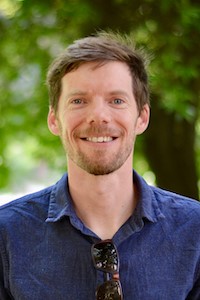
Trevor Keenan is Assistant Prof in Quantitative Ecosystem Dynamics at UC Berkeley, in the Department of Environmental Science, Policy and Management, and Faculty Scientist at Lawrence Berkeley National Lab. His work spans from individual organisms (primarily phototrophs) to ecosystems, landscapes and the globe. His interests are centered on understanding the impacts of climate variability and long-term change on terrestrial ecosystem function and land surface dynamics. His work combines large ecological data sets (e.g., eddy-covariance, remote sensing), models of ecosystem state and function, and data assimilation/mining tools, with results from in-situ field studies and experiments, to gain a mechanistic understanding of key physical and biological processes. He uses methods from diverse disciplines, including ecophysiology and biogeochemistry, micrometeorology, atmospheric science, mathematics, statistics and high-performance computing.
orcidorg/ 0000-0002-3347-0258;
Scopus Author ID 33567888000
Associate Prof. Karin Rebel
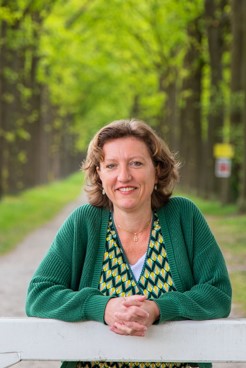
Karin Rebel is an Associate Professor Environmental Sciences at the Copernicus Institute of Sustainable Development, Faculty of Geosciences, Utrecht University.
She works on the coupled carbon, nitrogen and water cycles across scale, with the aim to better understand carbon uptake by vegetation under changing environmental conditions. Her approach includes modelling, experiments, data analysis and remote sensing.
orcidorg/0000-0002-1722-3935;
Scopus Author ID 18635483100
Assistant Prof. Hugo De Boer
 Hugo de Boer is assistant professor Global Environmental change at the Copernicus Institute of Sustainable Development at Utrecht University. His research expertise covers several interdisciplinary topics related to integrating theory and observations across the fields of plant ecophysiology, plant evolution and palaeo-ecology. Hugo is specifically interested in research questions related to how morphological and functional plant traits associated with water transport, transpiration and photosynthesis adapt under changing growth conditions.
Hugo de Boer is assistant professor Global Environmental change at the Copernicus Institute of Sustainable Development at Utrecht University. His research expertise covers several interdisciplinary topics related to integrating theory and observations across the fields of plant ecophysiology, plant evolution and palaeo-ecology. Hugo is specifically interested in research questions related to how morphological and functional plant traits associated with water transport, transpiration and photosynthesis adapt under changing growth conditions.
Hugo has experience with modelling leaf gas exchange by applying eco-evolutionary optimality principles, observing microscopic leaf traits (e.g. stomata, guard cells, cuticle cells, minor veins) and conducting greenhouse, growth chamber and field experiments with a focus on quantifying changes in leaf gas exchange in response to changes in atmospheric CO2 concentrations and humidity
Scopus Author ID 1505365
Prof. Youngryel Ryu
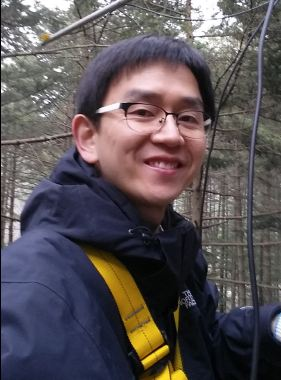
Youngryel Ryu is Professor of Environmental Ecology at the Department of Landscape Architecture and Rural Systems Engineering at Seoul National University, Seoul, South Korea.
His research interests are Land-atmosphere interactions, Exponential technologies, Near-surface to satellite remote sensing of land surfaces, Urban ecology,
ORCID: http://orcid.org/0000-0001-6238-2479
ResearcherID: http://www.researcherid.com/rid/C-3072-2008
Google Scholar: http://scholar.google.com/citations?user=4p5ooX4AAAAJ&hl=en
Assistant Prof. Beni Stocker
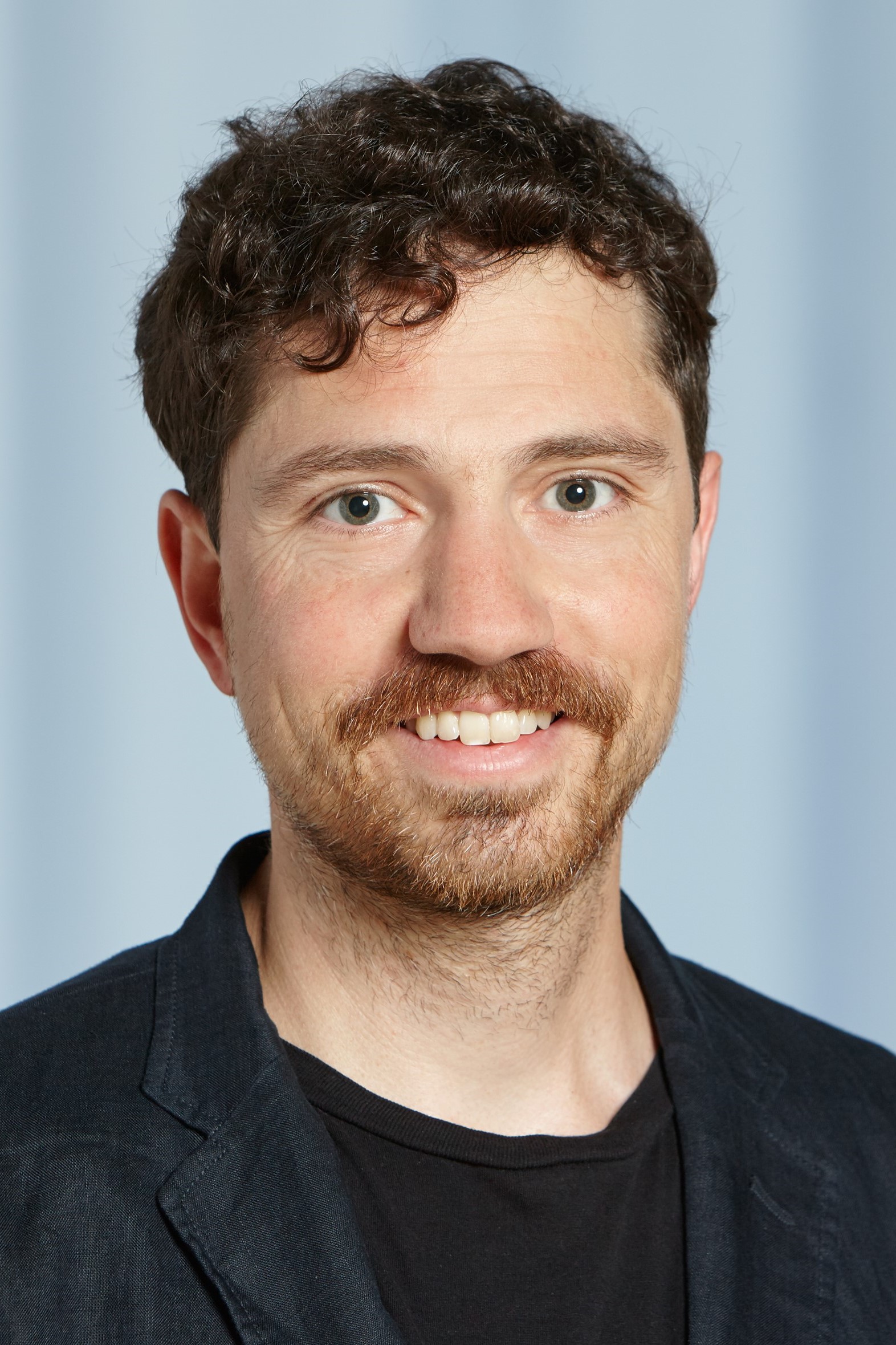
Benjamin Stocker is Assistant Professor for Geocomputation and Earth Observation, University of Bern, Switzerland. He develops methods for using eco-evolutionary optimality principles in mechanistic ecosystem models and for using machine learning in impact predictions of climate extremes. His research uses diverse ecological datasets (eddy covariance, forest inventories, remote sensing, ecosystem manipulation experimental data) for model predictions feeds into his development of open access libraries for vegetation modelling.
ORCID: 0000-0003-2697-9096;
ResearcherID: K-3194-2015
Assistant Prof. Nick Smith
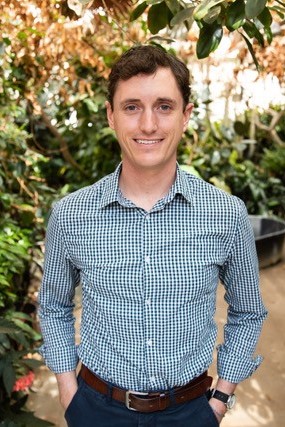 Nick Smith is an assistant professor in the Department of Biological Sciences at Texas Tech University.
Nick Smith is an assistant professor in the Department of Biological Sciences at Texas Tech University.
He and his group use a coupled model-experiment approach to understand plant physiological responses to environmental change and predict the impact of these responses on earth system processes.
orcidorg/0000-0001-7048-4387
Associate Prof. Han Wang
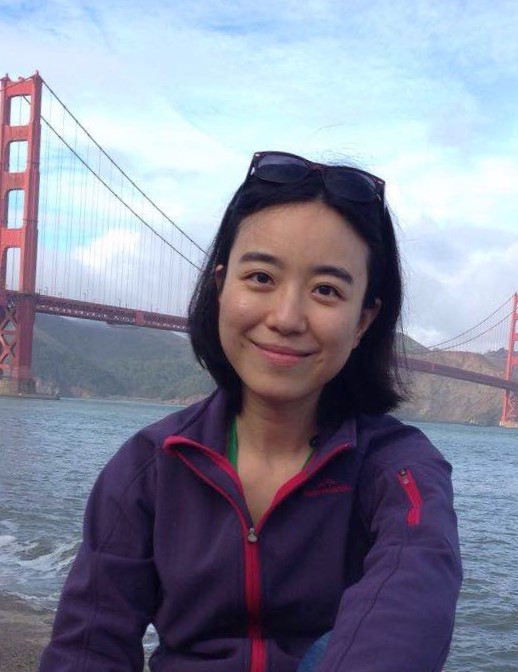
Han Wang is Associated Professor in Department of Earth System Science, Tsinghua University, Beijing China.
She is aiming to understand the mechanisms of plants acclimation and adaptation and the feedbacks of plants to climate and atmosphere. To achieve this goal, her group has been developing quantitative theories from optimality principles, testing the theories against various data sets (e.g. functional traits, eddy-covariance, remote sensing) from in-situ field studies and manipulation experiments, and eventually implementing the theories to vegetation and land surface models to access the large-scale impacts of plants.
orcidorg/0000-0003-2482-1818;
Scopus Author ID 57188757085
Prof. Pier Luigi Vidale
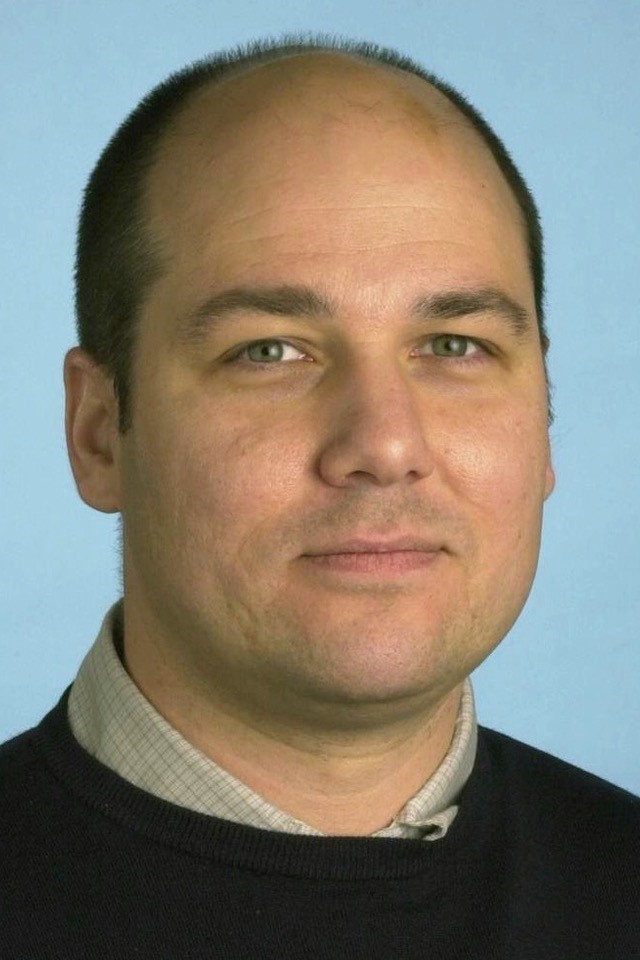
Pier Luigi Vidale is Professor at the University of Reading and Senior Scientist at the National Centre for Atmospheric Science (NCAS-Climate), leading and developing research on High-Resolution Global Climate Modelling and biosphere-atmosphere interactions.
Professor Vidale obtained his Ph.D. from Colorado State University in 1998, with research on land surface processes within NASA’s BOREAS project. Since then, he has worked on biosphere-atmosphere interactions and high-resolution climate modelling at Colorado State University (USA), UC Santa Barbara (USA), ETH Zürich (Switzerland), JAMSTEC/Earth Simulator Center (Japan) and University Reading (UK), including the supervision of several MSc and PhD students.
Professor Vidale is a Joint Climate Research Programme and NCAS Principal Investigator; currently he is also the (NERC) lead PI for the UK’s High Resolution Global Climate Modelling Programme (HRCM), co-developed with the Met Office Hadley Centre. Professor Vidale is the Scientific Coordinator of the EU-Horizon2020 PRIMAVERA project, a member of the Joint UK Land and Ecosystems Simulator (JULES) board and a number of Met Office collaborative teams, as well as a member of the Swiss Supercomputing Centre Scientific Advisory Committee.
Professor Vidale is Director of the NCAS Summer School on Climate Modelling, held bi-annually since 2007 at the University of Cambridge (UK).
Senior Scientist Anna Agusti-Panareda
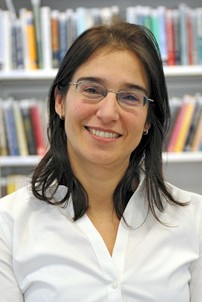 Anna Agustí-Panareda is a senior scientist at the European Centre for Medium Range Weather Forecasts (ECMWF). She is responsible for the modelling of long-lived greenhouse gases including carbon dioxide (CO2) and methane (CH4) in the Integrated Forecasting System model within the Copernicus Atmosphere Monitoring Service (CAMS).
Anna Agustí-Panareda is a senior scientist at the European Centre for Medium Range Weather Forecasts (ECMWF). She is responsible for the modelling of long-lived greenhouse gases including carbon dioxide (CO2) and methane (CH4) in the Integrated Forecasting System model within the Copernicus Atmosphere Monitoring Service (CAMS).
She graduated from the University of Edinburgh with BSc and MRes degrees in Computational Physics and Meteorology, followed by a PhD in Meterology from the University of Reading. Her expertise ranges from dynamic and synoptic meteorology and land surface-atmosphere interactions to the carbon cycle and atmospheric tracer transport. She has previously worked on statistical climatology for the EU FP6 MOuntain LAke Research (MOLAR) project; transport and mixing in fronts for the NERC Polluted Troposphere Research Programme; as well as the assimilation of radiosonde data and the land surface interactions with convection and precipitation for the EU FP7 African Monsoon Multidisciplinary Analysis (AMMA) project. Since 2009 she has been involved in the Monitoring Atmospheric Composition and Climate (MACC, MACC-II, MACC-III) EU FP7 and H2020 projects. She is currently the co-leader of the development of a tropotype CO2 monitoring system in the CHE and CoCO2 EU H2020 precursor projects for the operational Copernicus CO2 Service. She has published over 50 publications in international peer reviewed journals.
Martin Best

Martin Best is a science fellow at the Met Office, UK, where he leads the land surface science area and the collaborations on land surface related science with international Unified Model partners. Martin leads the development of the Joint UK Land Environment Simulator (JULES), the UK’s community land surface model.
His research interests cover many aspects of land surface science including surface flux exchange, land/atmosphere interactions, hydrology, urban meteorology and the technical coupling of model components.
orcidorg/0000-0003-4468-876X
LEMONTREE Core Team:
Sophia Cain
LEMONTREE Science Coordinator
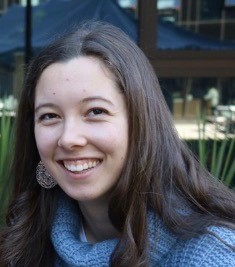 Sophia Cain is the LEMONTREE Science Coordinator based at the University of Reading.
Sophia Cain is the LEMONTREE Science Coordinator based at the University of Reading.
Sophia is the Science Coordinator for the SPECIAL research group at Reading, specifically in connection with Leverhulme Centre for Wildfires, Environment and Society and the LEMONTREE project. She is responsible for project administration, the communication strategy and assisting with implementation and research outputs.
Prior to working at the University of Reading, Sophia was based at the Australian National University where she worked as a research assistant in bushfire ecology. Her research focused broadly on plant traits, environmental chemistry and herbivore interactions.
Dr Natalie Sanders
LEMONTREE communications manager
 Natalie Sanders is the LEMONTREE communications manager, based at Imperial College London.
Natalie Sanders is the LEMONTREE communications manager, based at Imperial College London.
Natalie has worked with the LabPrentice team for over 7 years, currently as communications manager for the ERC-funded REALM project (Re-inventing Ecosystem And Land-surface Models).
Prior to this, she was a marine ecology consultant. Natalie was the project manager and co-author of the EU-funded European Red List of Marine Habitats and on the project management team for the EC-FP7-funded COCONET project (towards COast to COast NETworks for marine protected areas).
Dr David Orme
Scientific Programmer – Core LEMONTREE team
 David Orme is the Core Team Scientific Programmer for the LEMONTREE project, based at Imperial University.
David Orme is the Core Team Scientific Programmer for the LEMONTREE project, based at Imperial University.
For his PhD, David explored the drivers of evolutionary patterns of diversity and then branched out to look at spatial patterns of biodiversity. Much of this research was on global patterns of vertebrate diversity, but his recent work has moved to smaller scales and the interface between macroecology and landscape ecology, particularly tropical forest landscapes.
David is developing an integrated Python framework for fitting models of plant productivity, growth and demographics based on recent physiological models of plant responses to environmental conditions.
orcidorg/0000-0002-7005-1394
PDRA’s, PHDs and Research Assistants
- All
- PDRA's
- PDRA's
- PhD Student
- RA


